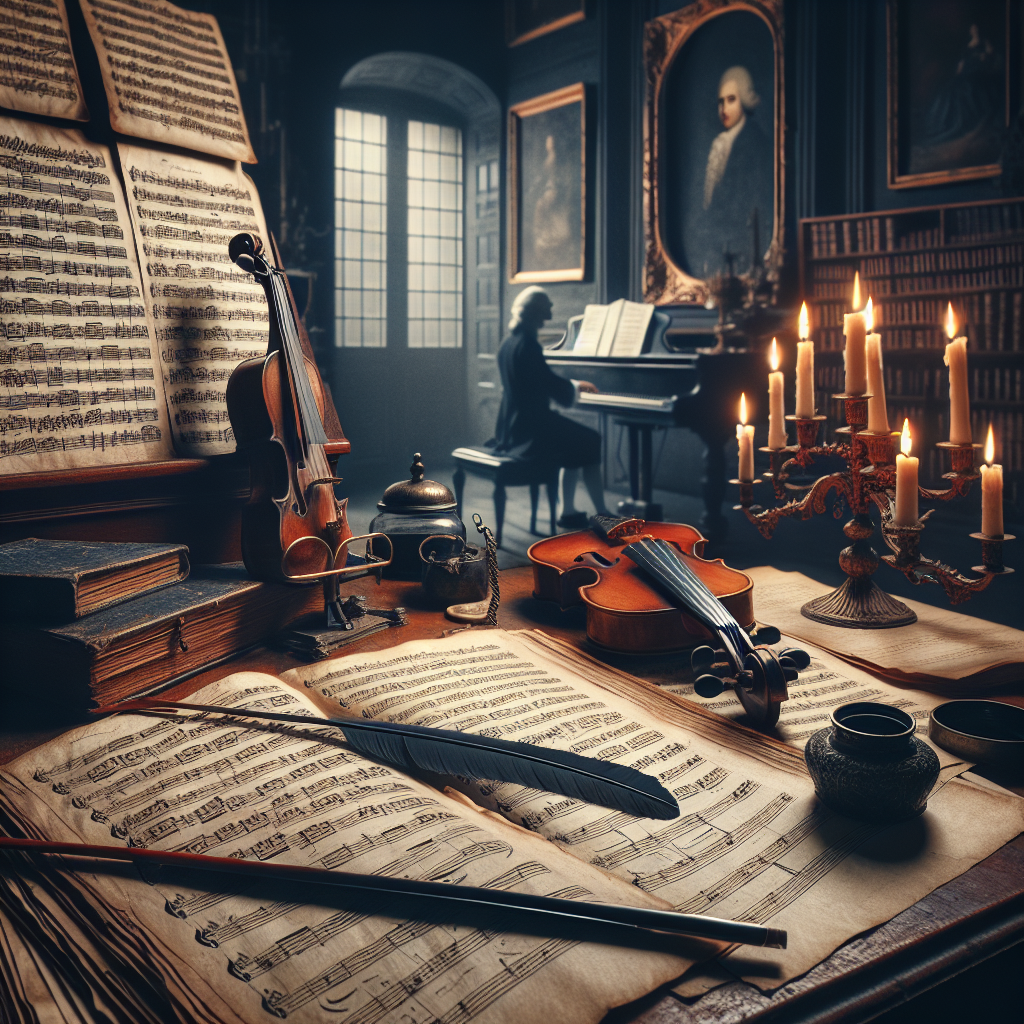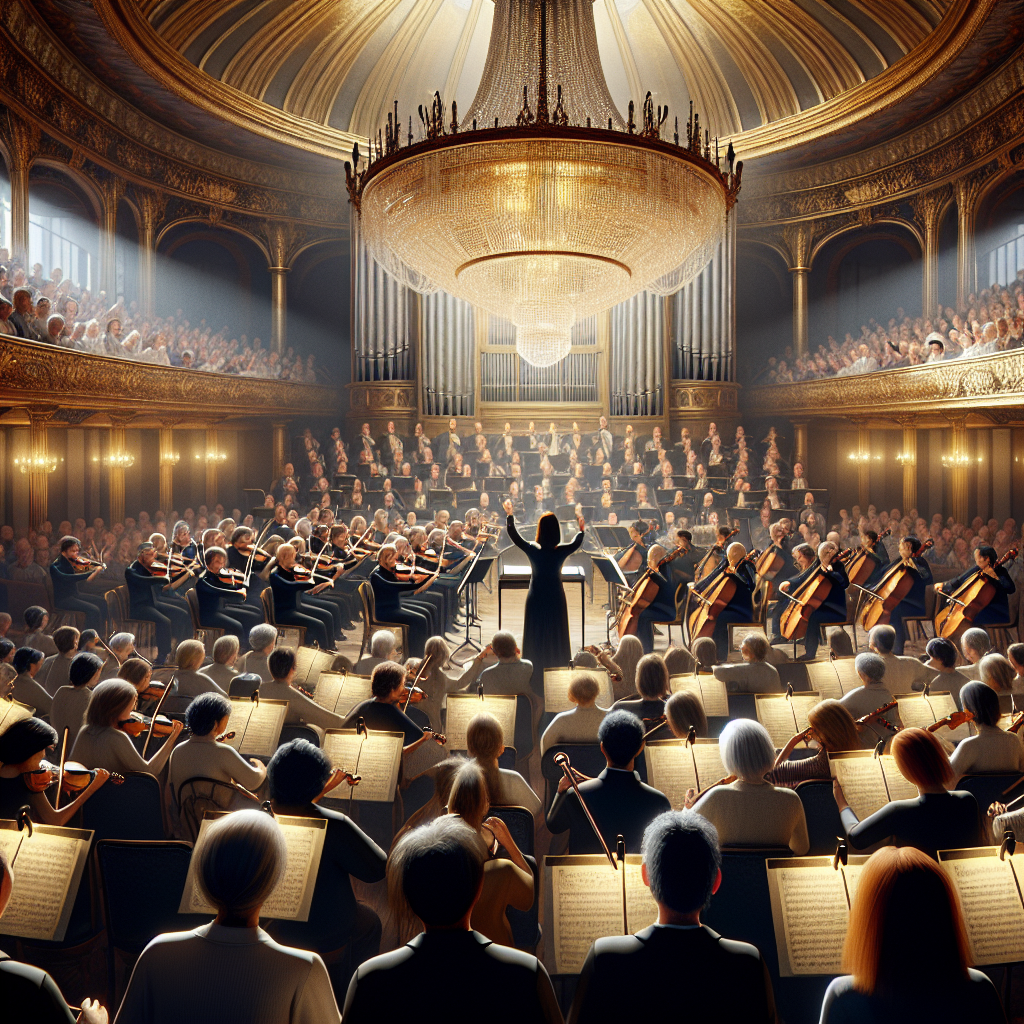The realms of classical music have gifted us not just an enrichment of soulful harmonies, but a galaxy of musicians whose skill and virtuosity remain etched in our memories, infusing our hearts and souls with their undying melodies. Traditional musical compositions that date back centuries somehow manage to captivate millions of listeners across generations and geographical boundaries, portraying an enchanting picture of the era they hail from. The eternal charm of these classical music virtuosos remains an intriguing subject worth delving into.
The Enigmatic Appeal of Classical Music
Classical music has an enduring appeal that seems to survive the onslaught of evolving musical styles and a shift in popular tastes. The complexities of this genre, the intricacies of its compositions, and the mastery required to perform it introduces listeners to a superior artistic realm. Its reflective and soothing nature lends an intimate quality, taking listeners on a profound emotional journey.
Considering the technical proficiency required to perform classical compositions, virtuosos in this genre are valued and respected beyond comparison. The alumni list of the classical music world is adorned with names such as Mozart, Beethoven, Bach, and Vivaldi, who continue to be revered for their extraordinary talent and compositions.
Classical Music Virtuosos and Their Timeless Charm
When we delve into studying the charm of classical music virtuosos, one trait is paramount – the sheer passion and dedication they pour into their music. The effort it takes to master classical pieces is enormous, requiring years of dedicated study and practice. Coupled with remarkable talent, this effort produces artistic brilliance that transcends time.
Classical virtuosos offer listeners a unique experience that explores the boundaries of musical interpretation. Their performances are not just about presenting the notes in the composer’s manuscript, but they bring these notes to life. They incorporate individuality, infuse their own emotions into the compositions, making the listener feel a personal connection.
Conclusion
The eternal charm of classical music virtuosos lies in the exquisite interplay of their passion, talent, technical proficiency, and personal interpretation of each composition. The historical context and cultural significance of the pieces add an extra layer of appeal. The timeless allure of these virtuosos continues to captivate audiences around the world, demonstrating that classical music, despite being hundreds of years old, retains its relevance and remains a vibrant, living entity. The virtuosos of this genre serve as conduits for the past, enrapturing audiences with their remarkable talents and emotional performances.
Frequently Asked Questions
Irrespective of the era, classical music continues to be popular due to its timeless appeal that transcends age, cultures, and backgrounds. Classical music allows for deep emotional expression, connects with inner thoughts, and has a profound effect on psychological wellbeing.
A virtuoso is a person who has extraordinary skill in a particular field, in this case, music. Virtuosos often combine their extraordinary skill with a passionate interpretation of the pieces they perform, creating unique and captivating performances.
Famous classical music virtuosos include composers like Johann Sebastian Bach, Wolfgang Amadeus Mozart, Ludwig van Beethoven and performers like Lang Lang, Itzhak Perlman, and Yo-Yo Ma.
Classical music virtuosos are revered for their extraordinary talent, mastery over complex compositions, and the ability to express deep emotions through their performances. They provide a unique listening experience that transcends the mere presentation of musical notes.
Rising to the level of a virtuoso requires years of dedicated study, immense technical competence, and a deep understanding of music. It also requires a unique ability to convey the emotional depth and intricacies in every composition they perform.




